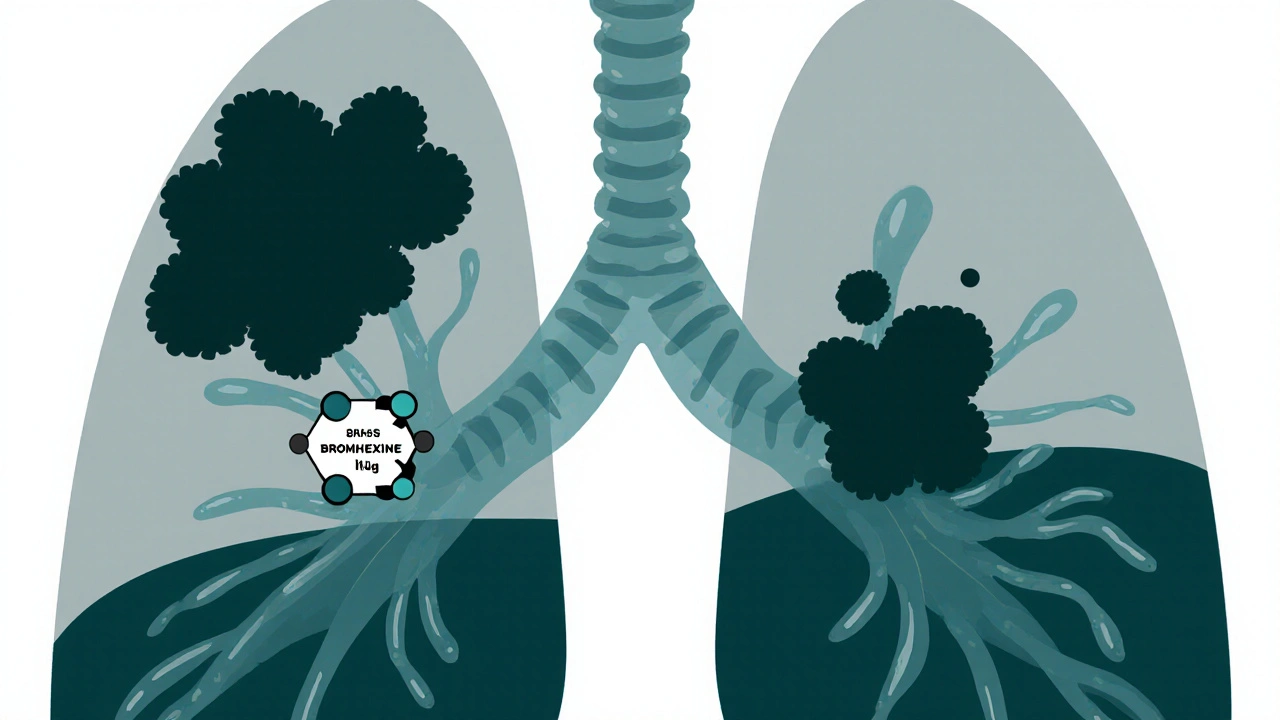Respiratory Health: Everyday Tips, Conditions & Medication Insights
Did you know that a simple breath test can reveal hidden lung issues? If you’ve ever felt short‑of‑breath after climbing stairs, you’re not alone. Your lungs work nonstop, and a few practical habits can keep them running smoothly.
Common Respiratory Conditions
Most people think “asthma” or “COPD” first when the word “respiratory” comes up. Asthma is the occasional wheeze that spikes with triggers like pollen, dust, or cold air. COPD, on the other hand, usually shows up after years of smoking or long‑term exposure to irritants. Both conditions share symptoms—cough, mucus, and shortness of breath—so a proper diagnosis matters.
Allergies can also act like a low‑grade asthma attack, especially in spring. If you notice a runny nose, itchy eyes, and a tight chest at the same time, consider an allergy test. Respiratory infections, from the common cold to flu, can worsen underlying issues, so flu shots and good hand hygiene are simple defenses.
Beyond these, rare conditions like interstitial lung disease or pulmonary hypertension exist, but they’re less common. For most readers, focusing on asthma, COPD, allergies, and infections covers the bulk of everyday concerns.
Medication Spotlight: Theo-24 CR (Theophylline ER)
One medication that often pops up in respiratory discussions is Theo‑24 CR, an extended‑release form of theophylline. It’s a bronchodilator, meaning it helps relax airway muscles so air flows more easily. The “CR” stands for controlled release, so you usually take it once or twice a day instead of multiple doses.
Who benefits most? Adults with chronic asthma or COPD who need a steady, long‑acting bronchodilator often find Theo‑24 CR helpful. Doctors may add it to inhalers when symptoms aren’t fully controlled. The dose starts low—usually 200 mg daily—and is adjusted based on blood level tests. Staying within the therapeutic range (10‑20 µg/mL) reduces the risk of side effects.
Speaking of side effects, theophylline can be a bit of a double‑edged sword. Common complaints include nausea, headache, and mild tremor. Higher levels may cause irregular heartbeat or seizures, so regular monitoring is key. Interactions matter too: caffeine, certain antibiotics, and anti‑seizure meds can raise theophylline levels, so always tell your doctor about other drugs or supplements you’re taking.
If you’re in New Zealand or the US, the brand name may differ, but the active ingredient stays the same. In both regions, the prescription guidelines stress blood‑level checks after the first week and after any dose change. That way you avoid surprises and keep breathing easy.
Bottom line: Theo‑24 CR can be a solid part of a broader respiratory plan, but it isn’t a stand‑alone cure. Pair it with inhalers, avoid smoking, and stay on top of your doctor’s monitoring schedule.
Beyond medication, everyday habits make a huge difference. Keep indoor air clean by vacuuming regularly, using HEPA filters, and limiting incense or strong cleaners. Stay hydrated—thin mucus moves more easily. Exercise, even light walking, strengthens the muscles that support breathing.
Remember, if you notice a new cough, wheeze, or persistent fatigue, don’t wait. A quick chat with your healthcare provider can catch problems before they snowball. Your lungs deserve the same attention you give your heart or joints—simple steps, regular check‑ups, and the right meds keep them in top shape.
COPD Stages Explained: What Mild, Moderate, and Severe Really Mean
COPD stages are based on lung function tests, not just symptoms. Learn what mild, moderate, and severe really mean for your treatment, daily life, and long-term outlook - and why early action changes everything.
Read moreHow Bromhexine Improves Lung Function: What the Science Shows
Bromhexine improves lung function by thinning thick mucus in the airways, making it easier to clear. Studies show it boosts FEV1, reduces infections, and helps COPD and bronchitis patients breathe easier. Learn how it works and who benefits most.
Read moreEthambutol vs Other TB Drugs: Pros, Cons & Alternatives
A clear, side‑by‑side look at Ethambutol versus its common TB drug alternatives, covering mechanisms, side effects, costs and when to switch.
Read moreSingulair (Montelukast) vs Alternatives: Asthma & Allergy Drug Comparison
A practical comparison of Singulair (montelukast) with its main alternatives-ICS, other LTRAs, and antihistamines-covering efficacy, safety, cost, and choosing the right therapy.
Read moreBuy Cheap Generic Albuterol Online - 2025 Guide
Learn how to safely buy cheap generic albuterol online in 2025. Get pricing tips, pharmacy verification steps, and avoid scams for reliable asthma relief.
Read moreTheo-24 CR (Theophylline ER): Uses, Dosage, Side Effects, Interactions [2025 Guide]
Clear 2025 guide to Theo-24 CR (theophylline ER): who it’s for, how to dose and monitor, key side effects, and interactions. Includes NZ and US context.
Read more




![Theo-24 CR (Theophylline ER): Uses, Dosage, Side Effects, Interactions [2025 Guide]](/uploads/2025/09/theo-24-cr-theophylline-er-uses-dosage-side-effects-interactions-2025-guide.webp)